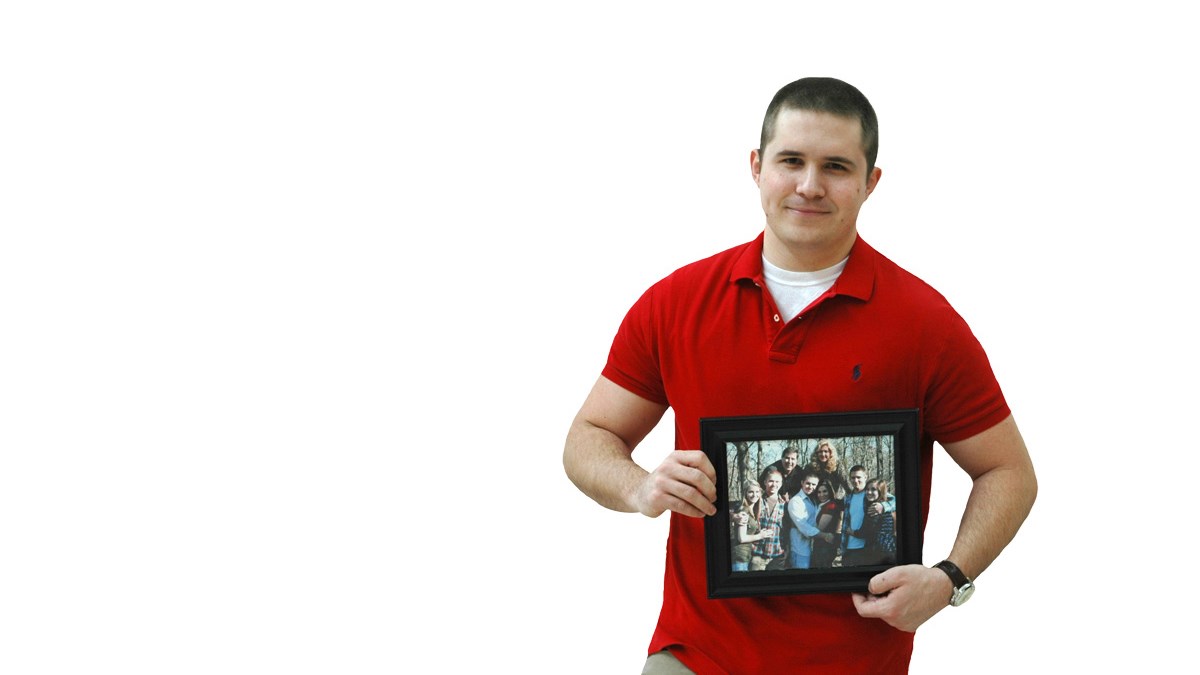Zachary Garrett

1. What made you want to get your MD degree at WVU?
I grew up in West Virginia and attended WVU as an undergraduate; so naturally, I wanted to go to WVU for medical school. The people of West Virginia are unique and cannot be found anywhere else; to be able to serve them is a privilege and an honor.
2. What made the program so appealing?
WVU School of Medicine is where you can become a competent physician and a competitive applicant for residency. WVU is student oriented and the faculty truly wants you to excel and have established several programs to help you do so. For example, this year the school started a new student-to-student tutoring program called "PALS [Peer Assisted Learning Service]." I have been very satisfied with my education at WVU and have always been well prepared for national shelf exams and STEP 1.
3. What is your favorite part of the program?
I really enjoyed my first two years, but now that I'm in my third year I would have to say my favorite part of the program has been the clinicals at Ruby Memorial Hospital. The physicians here are very receptive to students and love teaching. Another great aspect of the program is the preceptorship throughout the second year in which you and another student are paired with a physician who helps you learn how to take a good History and Physical Exam.
4. What made you want to become a doctor?
My grandfather died of cancer when I was young, so I spent quite a bit of time in hospitals. During that time, I really found how the physicians cared for others very appealing. I later spent time shadowing my family physician and a couple of other physicians and just fell in love with the profession.
5. How do you balance home, school, and a social life?
I feel like this is what I struggled with most during first year. However, you learn how to make time and you become more efficient in your studies. You just have to remember to set time aside for yourself.
6. The program had a week long orientation before classes started. What did you think of that?
It was great. The faculty and deans are there and it is a good time to get to know them outside of the classrooms. The orientation really helped prepare me for the first few weeks of medical school.
7. What are your goals after graduating?
I hope to get into an internal medicine residency program and later a cardiology fellowship.
8. What is your favorite thing to do outside of school?
I spend most of my time outside of school with my fiancé, family, and friends. I love spending time outdoors whenever I can; West Virginia is great for skilling, snowboarding, and hiking. My fiancé and I also spend a lot of time walking and running the Mon River trail, which is beautiful in the fall.
9. Do you have any advice for anyone thinking about medical school?
Make sure it is for you. Get in touch with physicians in your area to get some early exposure. Medicine is much more complex than it appears on the surface and you should truly want to help others if you want to be a physician. With that said, medicine is a wonderful profession where you are given the privilege of helping others and is incredibly fulfilling.
10. You took the OSCE last year. How did you feel WVU prepared you?
I felt well prepared for it. The PDCI class is well established and it really gets you ready for it. I didn't feel like I had gaps in my preparation when I was studying for it. I also felt studying for the OSCE helped prepare me for working with patients during my third year.
- Interviewed spring of 2013 (during the MS1 curriculum)